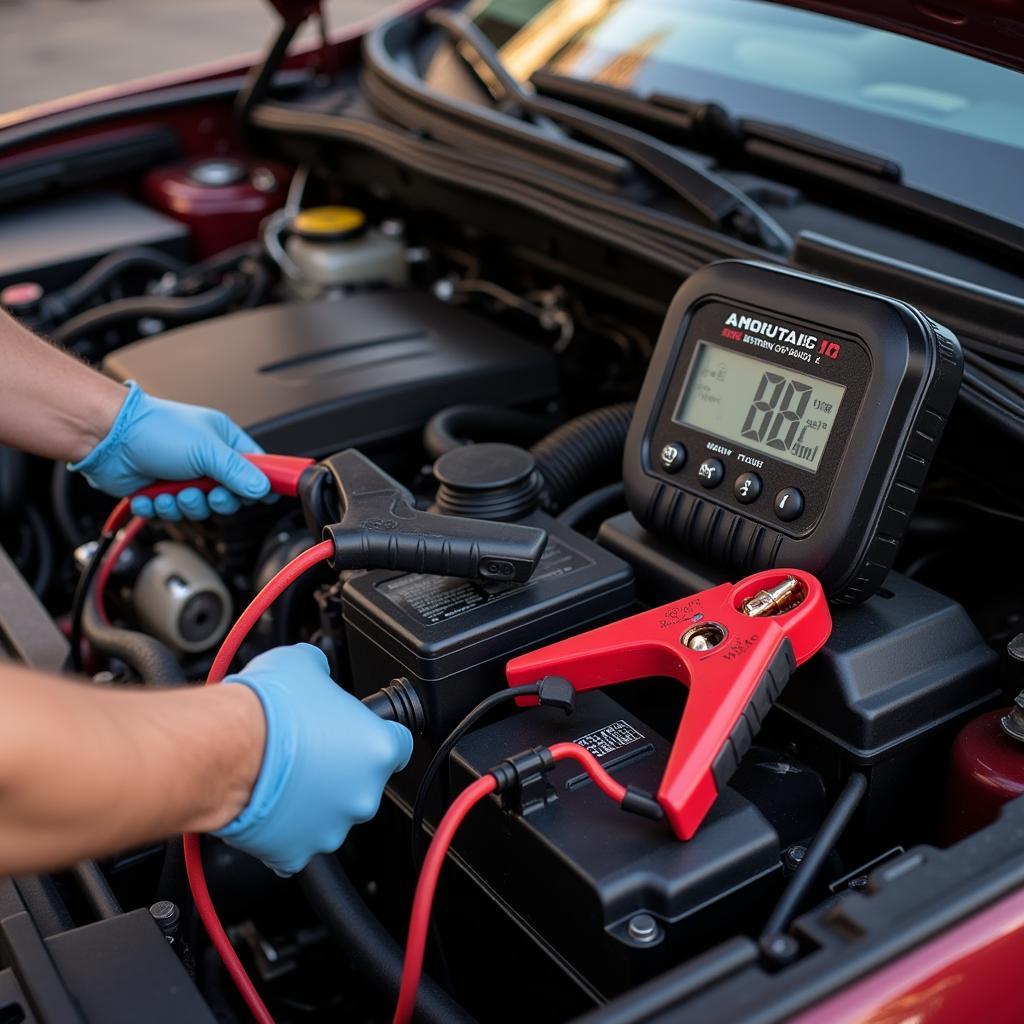Buying a used car in Singapore can be a great way to save money, but it’s crucial to be aware of potential problems. Knowing what to look out for can save you from costly repairs and headaches down the road. This guide dives into common issues with Singapore used cars, providing practical advice for both buyers and mechanics.
Understanding the Singapore Used Car Market
Singapore’s used car market is unique due to the Certificate of Entitlement (COE) system, which directly influences vehicle prices and lifespan. This system often leads to cars being well-maintained, but certain issues can still arise. Understanding the potential problems associated with specific makes, models, and age ranges is key to making an informed purchase.
Engine Issues to Watch Out For
Engine problems can be some of the most expensive to fix. Common issues include worn piston rings, leaking head gaskets, and faulty oxygen sensors. Regular servicing and checks are vital to catch these problems early.
- Check the service history: A well-documented service history can indicate how well the previous owner maintained the engine.
- Listen for unusual noises: Knocking or ticking sounds could indicate internal engine damage.
- Inspect for leaks: Check for oil leaks around the engine block and under the car.
Transmission Troubles: A Singapore Used Car Concern
Transmission problems can also be expensive and inconvenient. Issues like slipping gears, rough shifting, and delayed engagement are common warning signs.
- Test drive thoroughly: Pay close attention to how the car shifts through gears.
- Check the transmission fluid: Low or dirty fluid can indicate potential problems.
- Look for leaks: Transmission fluid leaks can lead to major damage if left unaddressed.
Bodywork and Chassis: Hidden Problems
While a few scratches and dents might seem cosmetic, they could indicate more significant underlying chassis damage. Always inspect the car’s bodywork thoroughly.
- Check for rust: Rust can weaken the chassis and compromise the car’s structural integrity. Singapore’s humid climate can accelerate rust formation.
- Inspect panel gaps: Uneven panel gaps can suggest previous accident damage.
- Look for signs of repainting: A fresh coat of paint could be hiding underlying bodywork issues.
Electrical Gremlins: Don’t Get Zapped
Electrical problems can range from minor annoyances to major safety concerns. Faulty wiring, malfunctioning sensors, and failing alternators are just a few examples.
- Test all electrical components: Make sure everything from the headlights and wipers to the air conditioning and radio works correctly.
- Check the battery: A weak or failing battery can cause various electrical issues.
- Inspect the wiring: Look for frayed or damaged wiring, which could pose a fire hazard.
Singapore Used Cars Problems: Air Conditioning Woes
In Singapore’s hot and humid climate, a functioning air conditioning system is essential. Problems can range from leaks and low refrigerant to compressor failure.
- Test the air conditioning: Make sure it blows cold air and cycles properly.
- Check for unusual smells: A musty smell could indicate mold growth in the system.
Common Questions About Singapore Used Cars Problems
What are the most common problems with Singapore used cars? Engine and transmission issues, along with bodywork damage and electrical problems, are common in used cars in Singapore.
How can I avoid buying a used car with problems in Singapore? Thoroughly inspect the car, check its service history, and get a pre-purchase inspection from a qualified mechanic.
Conclusion
Buying a used car in Singapore requires careful consideration. By understanding the common problems associated with Singapore used cars and taking the necessary precautions, you can make a smart purchase and avoid costly surprises. Don’t hesitate to contact AutoTipPro at +1 (641) 206-8880 or visit our office at 500 N St Mary’s St, San Antonio, TX 78205, United States, for expert advice and assistance. We’re here to help you navigate the Singapore used car market and find the perfect vehicle for your needs.






Leave a Reply